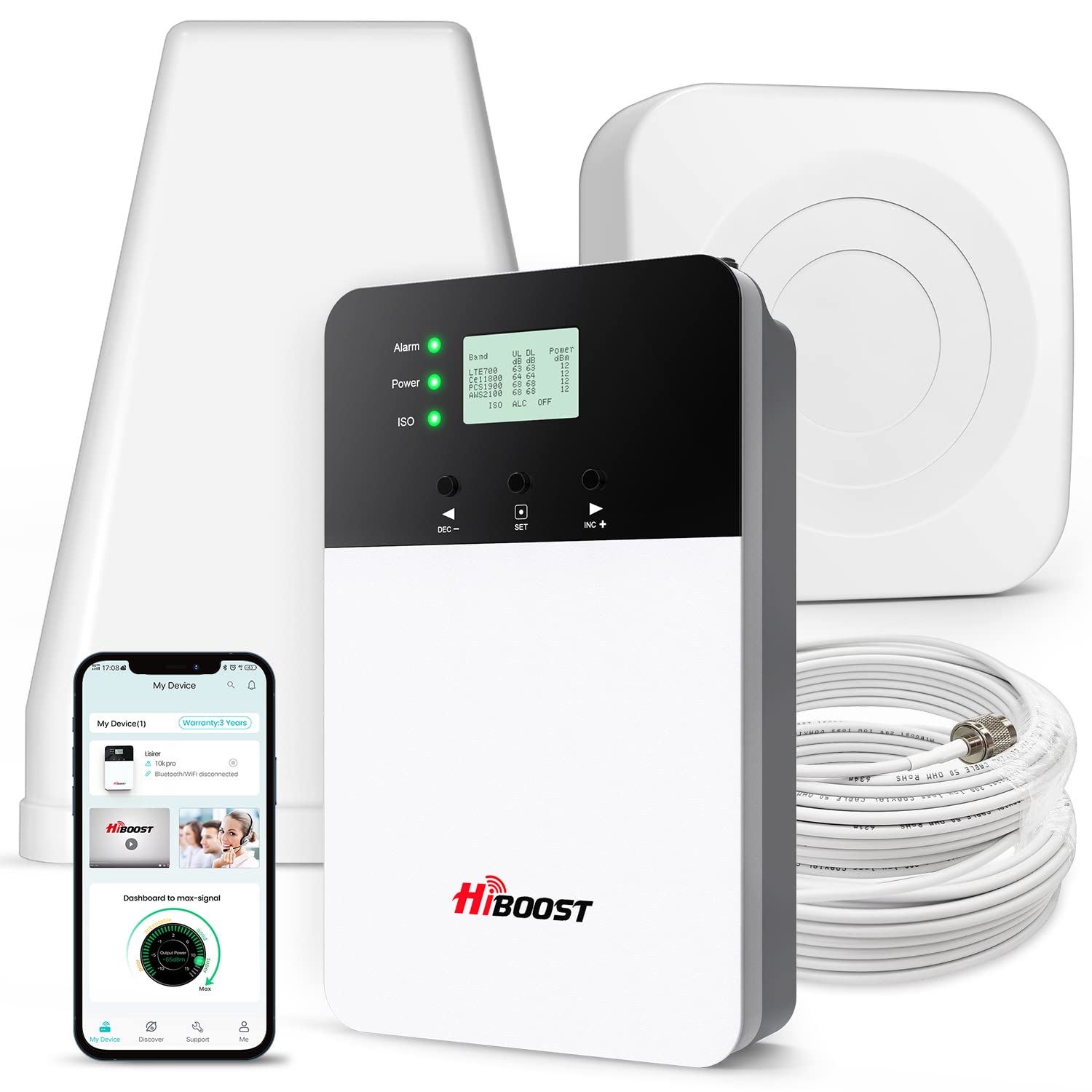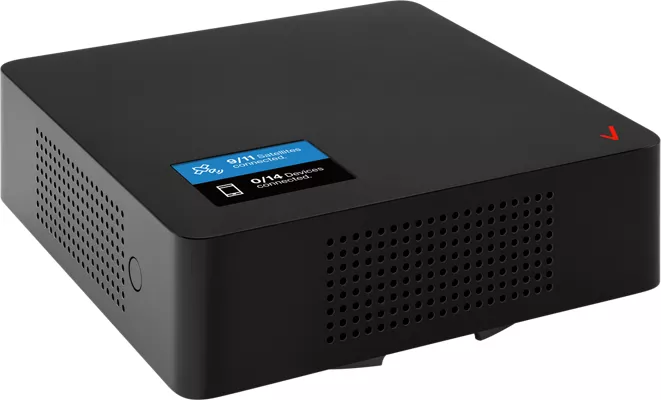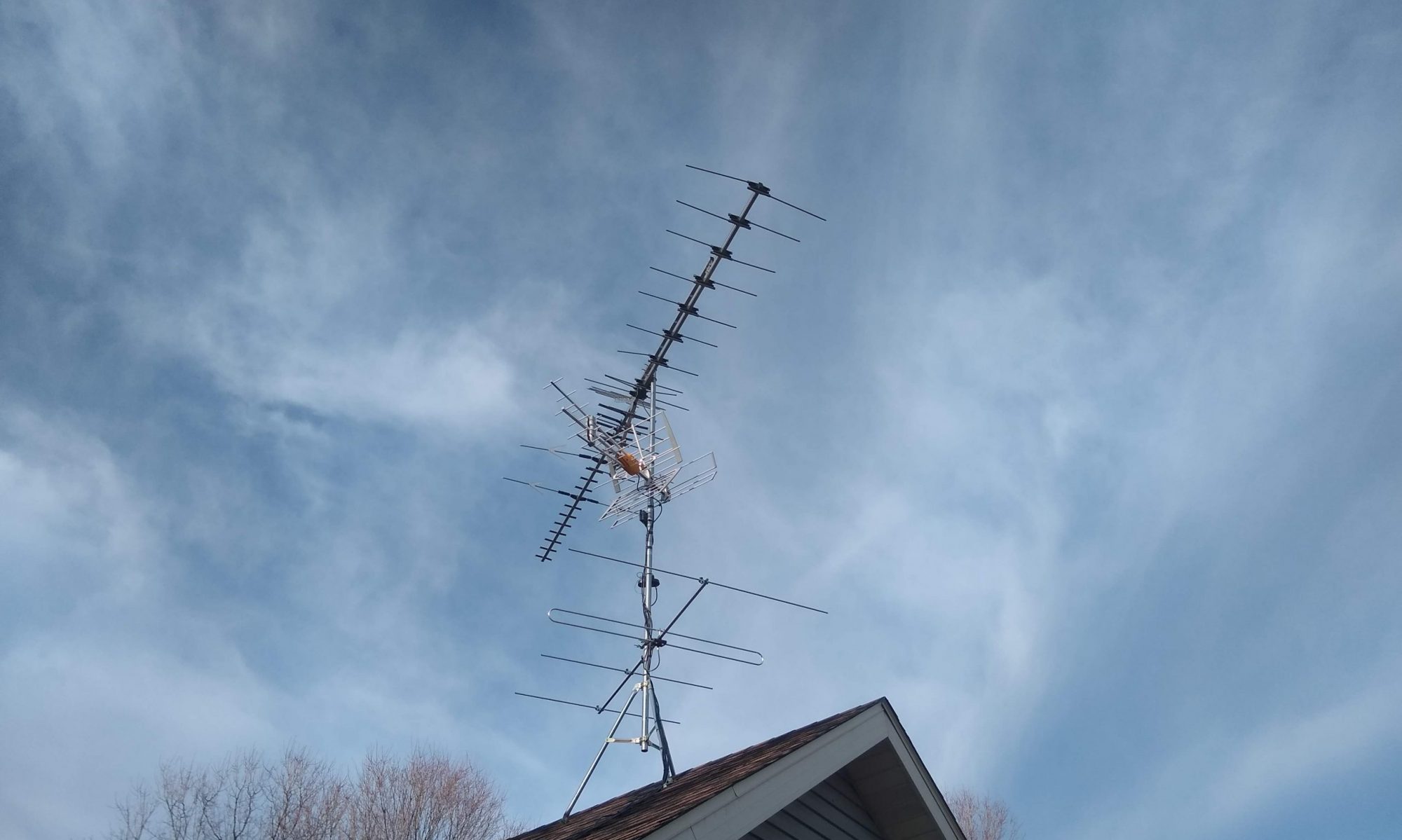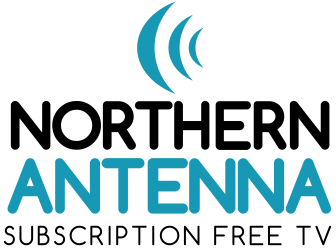Do you experience signal dropouts?
Dropped calls?
No service?
Slow data speeds?
There are a range of options available for people with poor-to-no cell signal:
1) RF Cell Signal Booster
An RF cell booster system uses an outdoor (donor) antenna to connect to the cell tower, a booster unit (located indoors) and one or more indoor (broadcast) antennas connect to the cell devices. The system boosts and re-transmits both the cell signal coming from the tower (downlink) and the signal going from the phone, back to the tower (uplink).
In order for an RF booster system to function effectively, 1-3 bars of cell signal must be present outside at the location (RF boosters will not work in locations with no service or extremely weak signal). An RF booster system can turn that into ~3-5 bars of cell signal indoors. The RF cell booster systems we install amplify virtually all cell frequency bands and work with all cell carriers, simultaneously. They are particularly effective for houses/buildings where metal/stucco siding and low-e windows blocks the available incoming cell signal.
We’d be happy to demonstrate a system at your location FOR FREE prior to installation. All our systems come with a 45 day money-back trial guarantee and a 1yr warranty.
We are a SureCall Level 2 Certified Installer.
The Cell Booster systems we install are compliant with FCC requirements and approved for use by all four major cell phone carriers. Per FCC rules, all booster systems must simply be registered with the carriers (so that, in the off-chance a booster system is causing destructive interference, the owner can be contacted and the interference issue resolved).
Registration:
AT&T
T-Mobile
Verizon
2) Internet-Based Network Extender
Verizon offers a device which connects to your high speed Internet, to create a cell signal. This device is ideal for locations where a high speed Internet connection is available, but cell service is weak or non-existent.
Verizon – LTE Network Extenders
We can assist you with selection and installation of Internet-based network extenders.
3) WiFi Calling
If you have a high speed Internet connection, but suffer poor cell signal, WiFi calling is probably your best and most economical option. WiFi calling is supported by all major carriers, on virtually all modern smart-phones. Don’t have adequate WiFi coverage? We can install multi-access point mesh-networked systems indoors, omnidirectional access points outdoors and point-to-point links between buildings to provide seamless coverage to every corner of your property (See Home Networking/WiFi for more information ).
AT&T – WiFi Calling set up FAQ
T-Mobile – WiFi Calling from T-Mobile
Verizon – Wi-Fi Calling FAQs
4)Selecting a different cell carrier
Especially in rural areas, coverage can vary significantly between cell carriers. Sometimes, one carrier may have adequate signal, while another carrier might have no receivable signal at a given location. We can assist you, both by reviewing cell coverage maps and by measuring on-site the signal levels from all four major cell carriers.
Coverage Maps:
AT&T
T-Mobile
Verizon
Cell-carriers and Mobile Network Virtual Operators
In the United States, there are (essentially) four ‘physical’ cell networks: AT&T, T-Mobile and Verizon. All other cell carriers are Mobile Network Virtual Operators (MNVOs), meaning that they utilize the excess capacity on one or more of the four physical cell networks. This includes: Cricket, Consumer Cellular, Mint Mobile, Republic, Straight Talk, and many, many others. If you are curious which MNVOs use which carriers, check the Wikipedia List of US MNVOs.
For more information, contact us today or call (952) 491-0643, (715) 802-6275.

